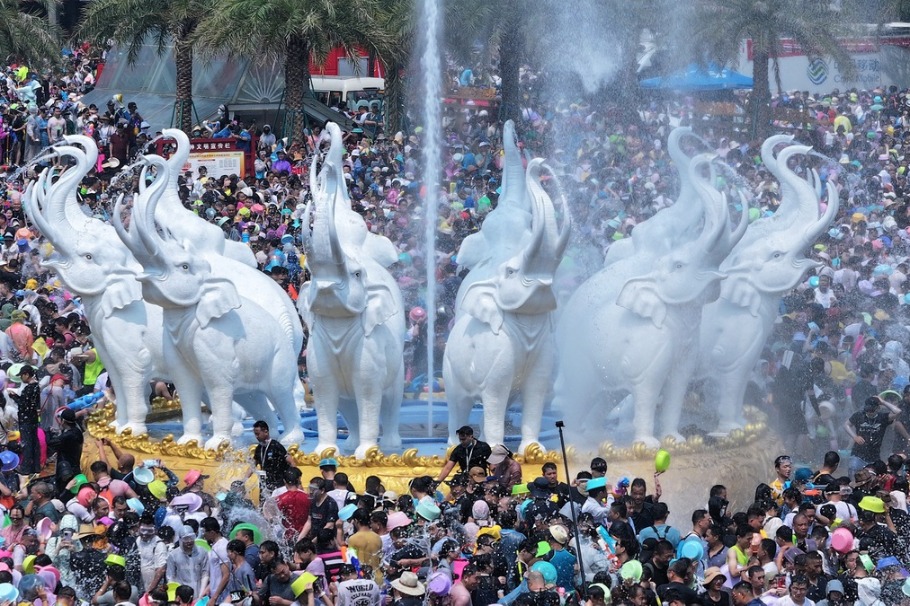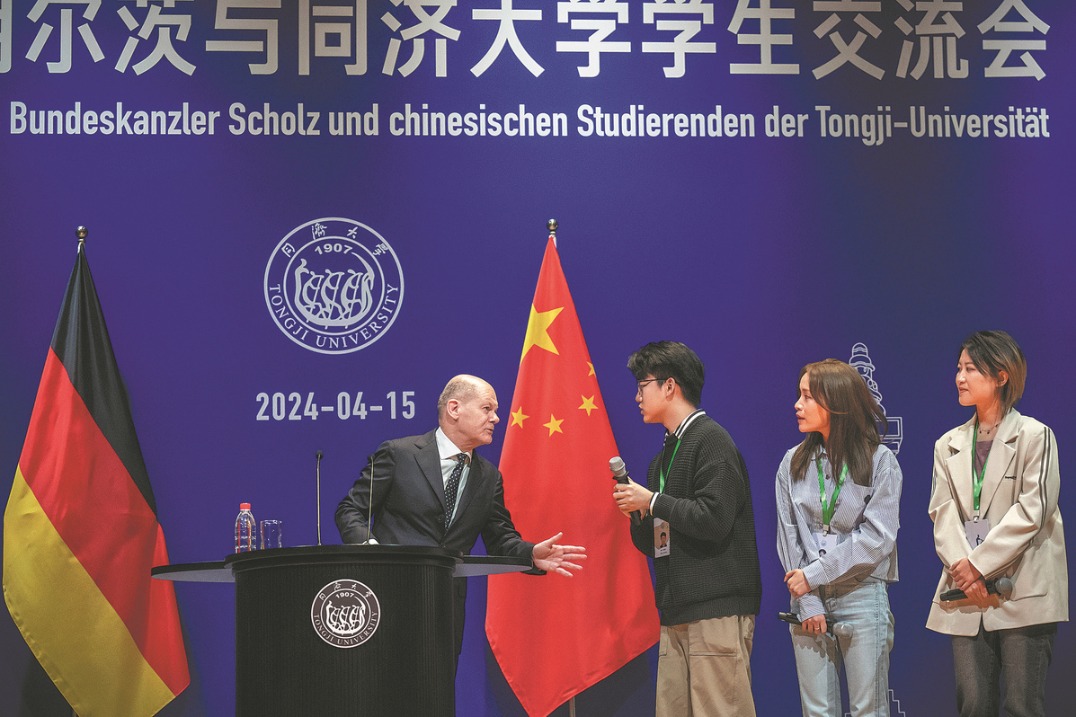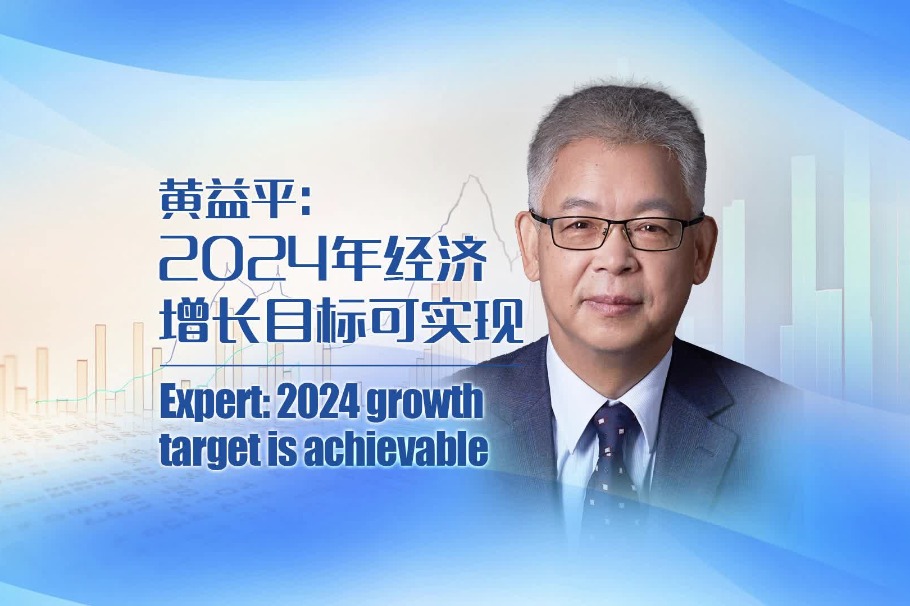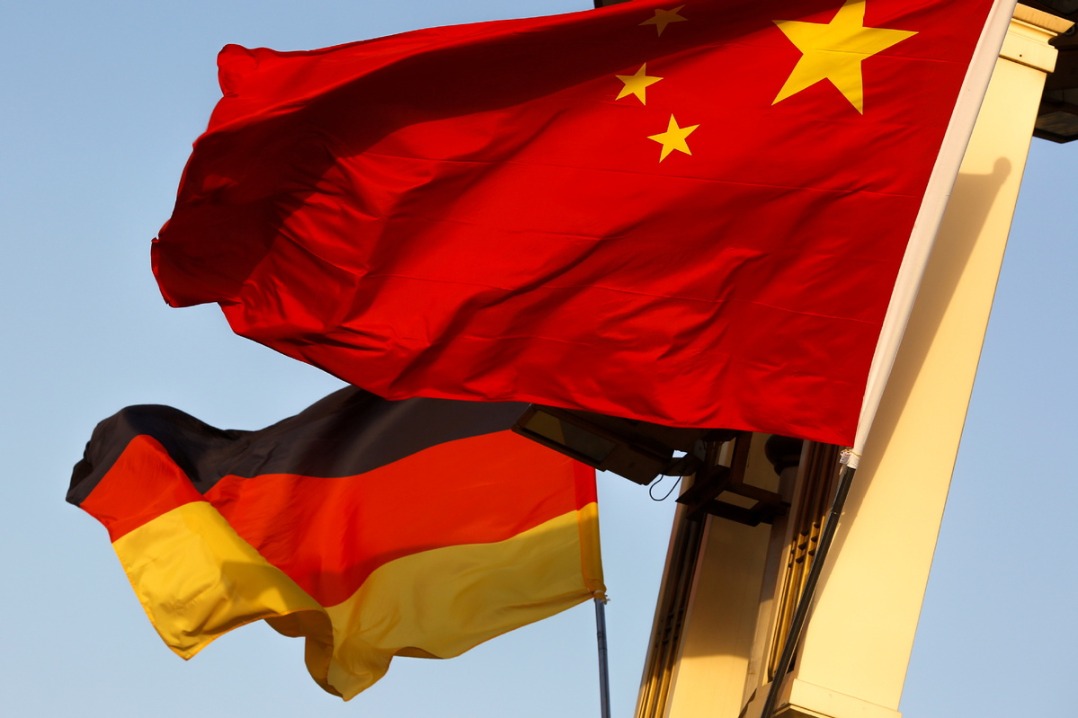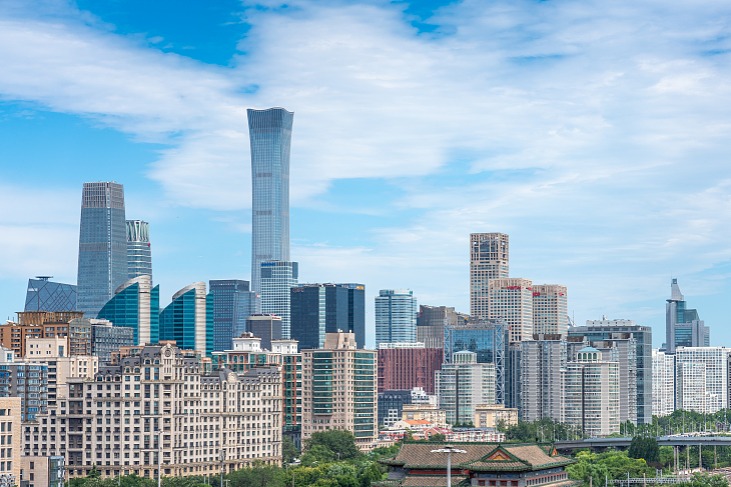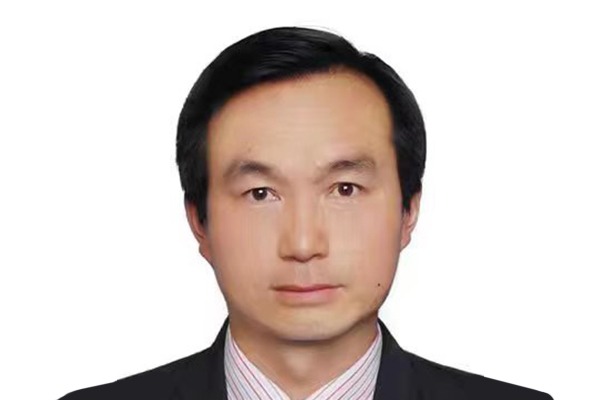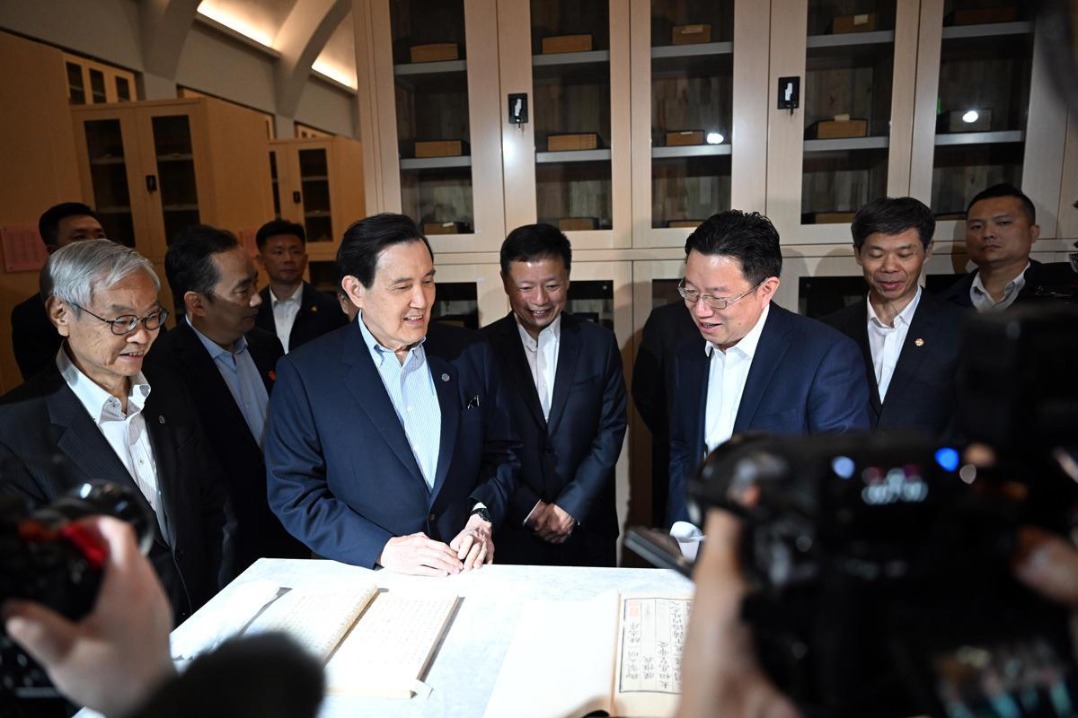Anti-graft drive critical to the future

 |
| Chinese actor Lu Yi plays a leading role as an anti-graft official in the TV drama In the Name of the People, built around a fictional corruption case. [Photo/China Daily] |
President Xi Jinping's campaign against corruption has made big achievements and his Belt and Road Initiative is already bearing fruit. In fact, they may be counted among China's historic policies.
China has punished far more dishonest officials, and far more strongly, than India. But that is reflective of the different political systems in the two countries. Prime Minister Narendra Modi has the same view as President Xi: that improvement in administration is essential for boosting economic performance as well as public welfare.
In India, there has been a substantial increase in penal actions against corrupt officials since Modi took office in 2014. However, besides such moves, Modi is also harnessing technology to make the governance system less corrupt. An example is railway tickets and the issuing of passports.
Now that such items are dispensed online, corruption has been reduced. The more processes go online and become transparent, the greater will be the degree of honesty in the implementation of policies.
China has become a global internet power, with giants such as Baidu and Alibaba, and is, therefore, in a much better position to use digital systems to promote speed with honesty in decision-making, and on a much larger scale, than India, where internet coverage and bandwidth is still below desirable standards.
Modi has initiated several changes in the administration by, for example, beginning to recruit experts from the private sector to serve the administration. He would also like to see "minimum government and maximum governance" in India, and is working to achieve this in the same way as Xi is striving to bring the Chinese governance system to 21st century standards of performance.
In China, thanks to the strong action taken by Xi against even the highest-level officials found guilty of corruption, some officials no longer exhibit arrogance. They understand that their duty is to serve the people, and not be served by the people. Increased accountability among even high-level officials has been a welcome side effect of China's anti-corruption campaign.
The use of technology and the deepening accountability will ensure a better future for not only China, but also India, if the latter succeeds in its endeavor. Certainly the road ahead will be hard and long. But it is necessary for China and India to act if they are to fulfill the historical task of being great nations.
Over the past three years, more has been done to bring corrupt officials in China to justice than in past three decades. However, care needs to be taken to ensure the drive against corruption does not result in compromising Party and government officials' normal wellbeing. Being human, officials cannot be infallible. So as long as the overwhelming majority of the decisions they make are good for the country and the people, and their mistakes are not very serious, they should get the benefit of doubt.
Officials need to be made secure that genuine mistakes made by them, or the problems created by circumstances beyond their control, will not be used by higher authorities to punish them. Honest officials need to be supported and protected not only in the good decisions they make but even in some of the bad ones, provided they are not very too damaging.
But if officials make too many bad decisions or are slow in acting on urgent matters, they should be assigned to execute other, less important, tasks. It is equally important to reward efficient officials. In this way China's anti-corruption campaign can become more productive and convincing.
The author is a professor of geopolitics at Manipal University, India.
















